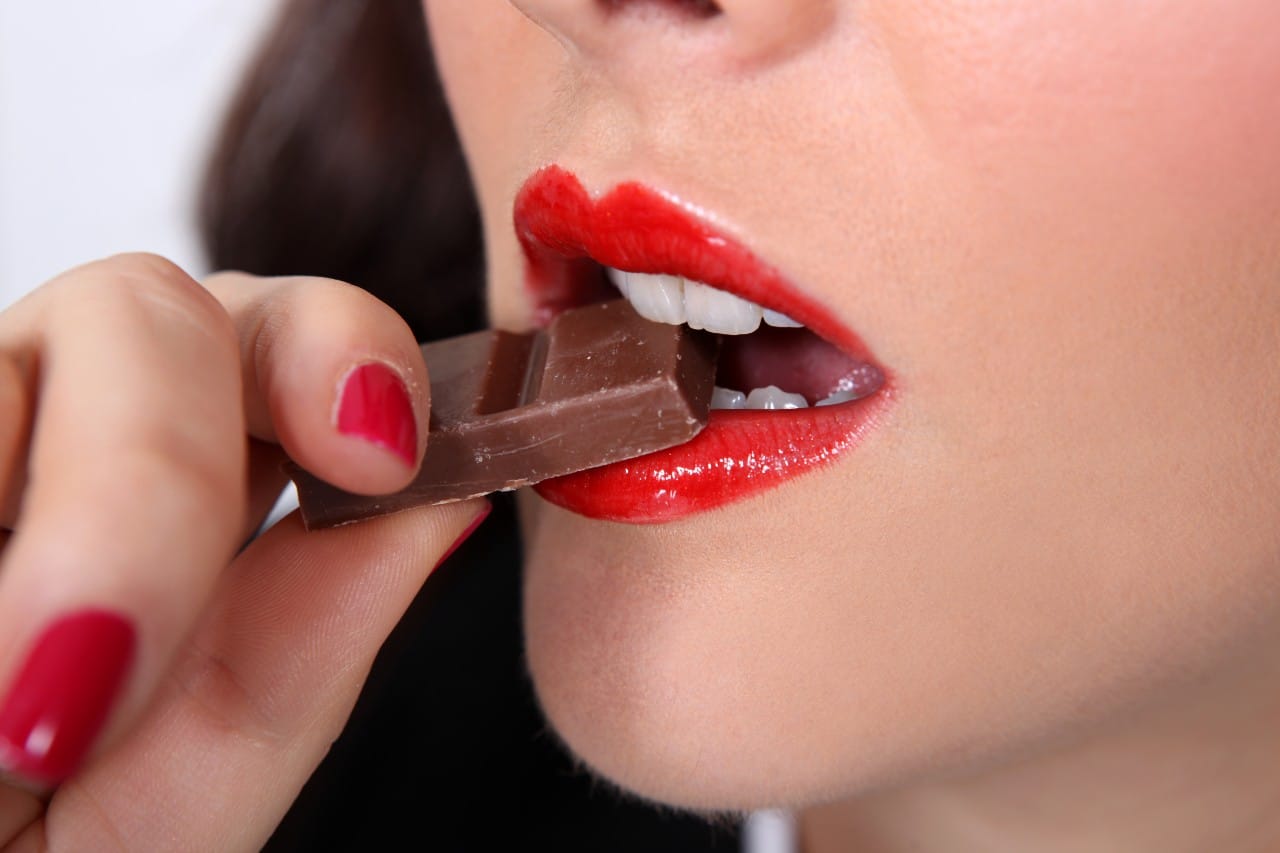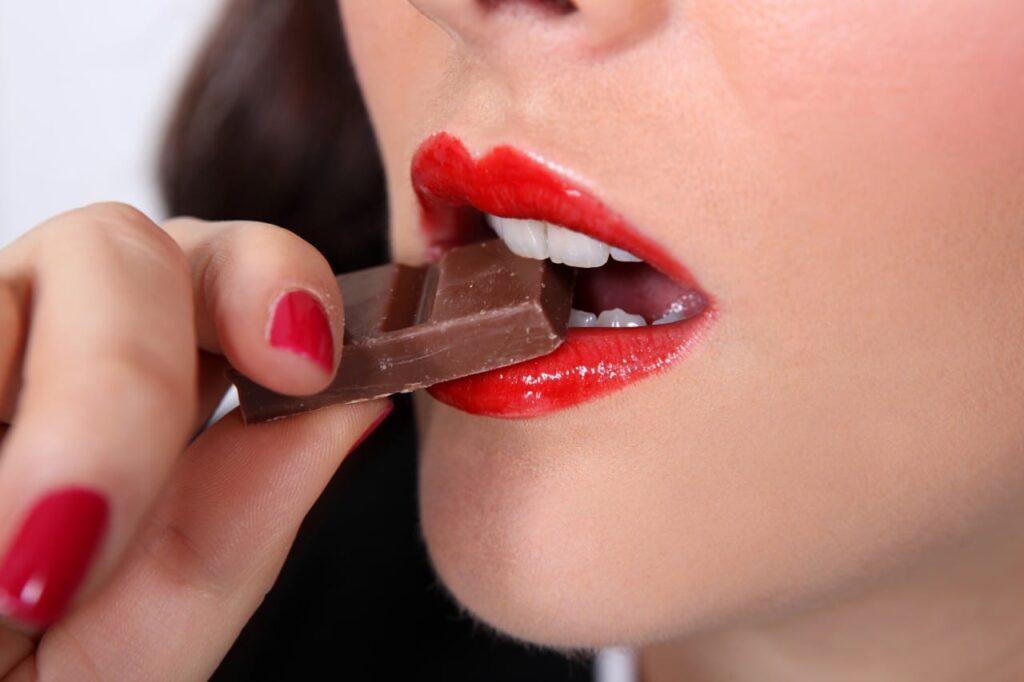Sugar is a sneaky, addictive substance and making the break from it isn’t always as easy as just making the decision to stop. It’s helpful to understand what sugar does to our bodies, physically and emotionally, to put an effective sugar-kicking strategy in place. Having just a small amount of sugar creates a desire for more and quitting suddenly can cause withdrawal symptoms, such as headache, fatigue, and mood swings. This addiction can lead to a dangerous cycle of adrenal fatigue, autoimmune diseases, digestive and mood imbalances, obesity, and diabetes — and of course, tooth decay!
Did you know Americans consume an average of 130 pounds of sugar every year? That equates to roughly three pounds of sugar per week; that equals about 3,550 pounds over a life-time (nearly two TONS of sugar!). The American Heart Association recommends we consume less than 10 teaspoons of sugar per day. However, the average adult is missing that mark by a bit – the average American gobbles down 22 teaspoons a day, and children approximately 32 teaspoons. None of us need that much sugar to make the medicine go down (Mary Poppins, it seems, was an enabler).
Here are a few tips to help kick your sugar addiction to the curb!
- Consuming more healthy fats in your diet can significantly reduce your sugar cravings—these include fats such as coconut oil, avocadoes, and the natural fats found in animal products.
- Focus on a whole food diet; the more whole foods you consume, the less sugar cravings you will have.
- Be aware of food/drink labels that say “sugar-free.” These foods contain artificial sweeteners that are made in labs and mimic canned sugar. Yes, they have fewer calories, but they can be just as addictive and unhealthy. Xylitol and Stevia are okay to use in moderation, but it is important to avoid all others, especially aspartame.
- Reduce sipping on sugary drinks to reduce tooth decay. Here at Creekside, we see decay for this reason all the time. Often the kids we see frequently used sippy cups for juice. The older kids often have decay problems because of soda pop consumption. Drinking water throughout the day helps wash away sugars from your mouth. Also, avoid energy drinks, “natural” juices, and creamers.
- Reduce your caffeine intake by drinking less coffee. It’s okay to have a cup every now and then, but it’s important to do so in moderation. Green tea is a great alternative to coffee.
- Manage your magnesium levels. Research shows chocolate cravings are particularly common among people deficient in this mineral (your doctor can check these levels). Ward off cravings by eating plenty of magnesium-rich foods, like leafy greens, tofu, nuts, and legumes.
- Fermented drinks, like probiotics, naturally reduce sugar cravings and also support digestive health.
- Spice up your meals with cinnamon, nutmeg, or cardamom. These spices not only naturally sweeten your food, but will balance your blood sugar and reduce sugar cravings.
- We can’t say this enough… get enough sleep and exercise regularly! When we’re tired we tend to eat sugary foods. Exercising regularly (~30 min. each day) helps to boost our mood and reduce stress. Beating a sugar addiction is not something that will happen overnight. It takes time and energy, but will be well worth it in the long run as it will reduce our risk of various health problems, such as high blood pressure, diabetes, and heart disease. The first few days will likely be the hardest, but you will begin to look and feel amazing in no time!
